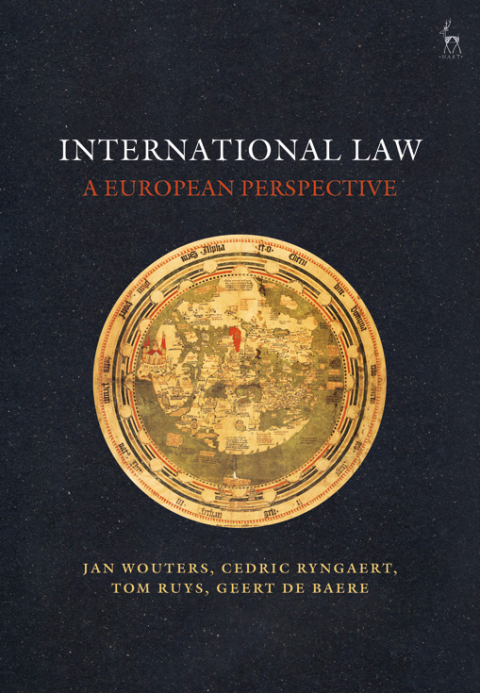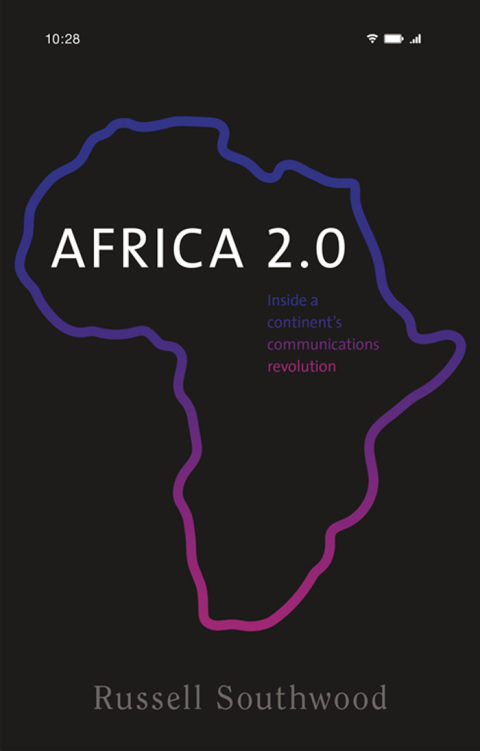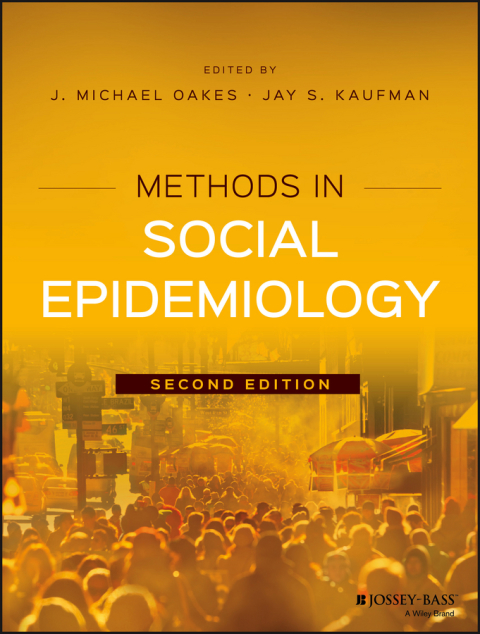Description
Efnisyfirlit
- Cover
- Title Page
- Acknowledgements
- Contents
- Table of Cases
- Table of International Instruments
- List of Abbreviated Legal Instruments
- List of Abbreviations
- List of Tables
- Introduction: International Law, A European Perspective
- 1. Foundations, History and Theory of International Law
- I. Definitions of International Law
- II. Functions of International Law
- III. Features of International Law
- IV. History of International Law
- V. Theory of International Law
- VI. ‘European’ International Law
- VII. Conclusion
- Bibliography
- Further Reading
- 2. Sources: Treaty Law
- I. Introduction
- II. The Vienna Convention on the Law of Treaties
- III. Definition of a ‘Treaty’
- IV. Types of Treaties
- V. Conclusion of Treaties
- VI. Application and Non-application of Treaties
- VII. Treaty Interpretation
- VIII. Consequences of Treaties for Third Parties
- IX. Amendment and Modification of Treaties
- X. Invalidity of Treaties
- XI. Termination of Treaties
- XII. Procedure and Settlement of Disputes
- XIII. Concluding Remarks
- Bibliography
- Further Reading
- 3. Other Sources – Hierarchy
- I. Introduction
- II. Customary International Law
- III. General Principles of Law
- IV. Case Law and Legal Writings
- V. Equity
- VI. Unilateral Acts
- VII. Soft Law and Informal Law
- VIII. Hierarchy of Sources
- IX. Concluding Remarks
- Bibliography
- Further Reading
- 4. The Relationship and Interactions between International Law, EU Law and National Law
- I. Introduction
- II. The Role of National Law in International Law
- III. The Position of International Law in National Legal Orders: Beyond Monism and Dualism
- IV. Domestic Effect of Specific Sources of International Law
- V. The EU as a New Legal Order of International Law
- VI. Concluding Remarks
- Bibliography
- Further Reading
- 5. States
- I. Introduction
- II. Elements of Statehood
- III. How States Come into Existence
- IV. The Role of Recognition
- V. Acquisition of Territory
- VI. State Succession
- VII. Contested States
- VIII. Conclusion
- Bibliography
- Further Reading
- 6. International Organisations
- I. Introduction – Definition
- II. Types of International Organisations
- III. Competences
- IV. Membership
- V. Organs and Decision-Making
- VI. Legal Personality
- VII. Financing
- VIII. The United Nations
- IX. Other Global Organisations
- X. Concluding Remarks
- Bibliography
- Further Reading
- 7. Regional Organisations
- I. Introduction: The Rise of Regional Integration
- II. Regional Organisations in Europe
- III. Regional Organisations in the Americas
- IV. Regional Organisations in Africa
- V. Regional Organisations in Asia
- VI. Transcontinental Regional Organisations
- VII. Informal Cooperation Structures between States
- VIII. Concluding Remarks
- Bibliography
- Further Reading
- 8. Non-State Actors
- I. Introduction
- II. Individuals
- III. Corporations
- IV. Non-State Armed Groups
- V. Non-Governmental Organisations
- VI. The Holy See
- VII. Concluding Observations
- Bibliography
- Further Reading
- 9. Jurisdiction
- I. Introduction
- II. Territorial Jurisdiction
- III. Nationality
- IV. Principles of Prescriptive Criminal Jurisdiction
- V. The Exercise of Jurisdiction Outside the Criminal Law Context
- VI. Jurisdiction in International Human Rights Treaties: The Role of the European Court of Human Rights
- VII. Concluding Remarks
- Bibliography
- Further Reading
- 10. Diplomatic and Consular Relations
- I. Introduction
- II. Diplomatic and Consular Functions
- III. The Establishment of Diplomatic and Consular Relations
- IV. Diplomatic and Consular Rights and Obligations
- V. The EU as a Diplomatic and Consular Actor
- VI. Concluding Remarks
- Bibliography
- Further Reading
- 11. Immunities
- I. Introduction
- II. State Immunity
- III. Immunity of Foreign State Officials
- IV. Immunities of International Organisations and Their Officials
- V. Concluding Remarks
- Bibliography
- Further Reading
- 12. International Responsibility
- I. Introduction
- II. Internationally Wrongful Conduct
- III. State Imputability
- IV. Consequences of State Responsibility
- V. The Invocation of State Responsibility
- VI. Countermeasures
- VII. International Organisations and the Law of International Responsibility
- VIII. Responsibility of States in Connection with the Conduct of International Organisations
- Bibliography
- Further Reading
- 13. Peaceful Settlement of Disputes
- I. Introduction
- II. Diplomatic and Non-Judicial Methods
- III. Judicial Methods
- IV. Concluding Remarks
- Bibliography
- Further Reading
- 14. Use of Force and Collective Security
- I. Introduction
- II. The Prohibition on the Use of Force
- III. Right of Self-Defence
- IV. Other Possibilities for Unilateral Recourse to Force
- V. Chapter VII Action by the UN Security Council
- VI. Peacekeeping
- VII. Chapter VIII: Peacekeeping and Enforcement Action by Regional Organisations
- VIII. Concluding Remarks
- Bibliography
- Further Reading
- 15. The Law of Armed Conflict
- I. Introduction
- II. Scope of Application of the Law of Armed Conflict
- III. The Principle of Distinction and Targeting Rules
- IV. Protection of Persons hors de combat
- V. Means of Warfare
- VI. The Enforcement of the Law of Armed Conflict
- VII. Concluding Remarks
- Bibliography
- Further Reading
- 16. Human Rights Law
- I. Introduction
- II. Three Generations of Human Rights
- III. The Human Rights Obligation to Criminalise
- IV. The Protection of Vulnerable Groups
- V. Refugee Convention
- VI. Monitoring Mechanisms
- VII. The UN Human Rights Council
- VIII. Office of the UN High Commissioner for Human Rights
- IX. Council of Europe
- X. The EU and Human Rights
- XI. Other Regional Protection Mechanisms
- XII. Concluding Remarks
- Bibliography
- Further Reading
- 17. International Criminal Law
- I. Introduction
- II. Elements of the Crimes
- III. Definitions of International Crimes
- IV. Individual Criminal Responsibility
- V. International Criminal Tribunals
- VI. Limitations of International Criminal Justice
- VII. Extradition
- VIII. Concluding Observations
- Bibliography
- Further Reading
- 18. Law of the Sea and Global Commons
- I. Introduction: Codification of the Law of the Sea
- II. The Territorial Sea and the Contiguous Zone
- III. The Continental Shelf
- IV. The Exclusive Economic Zone
- V. The High Seas
- VI. The Deep Seabed
- VII. Maritime Delimitation
- VIII. Fisheries Regulation
- IX. The UNCLOS Dispute Settlement Regime
- X. The Arctic
- XI. Antarctica
- XII. Outer Space
- XIII. Concluding Remarks
- Bibliography
- Further Reading
- 19. International Economic Law
- I. Introduction
- II. History and Institutions
- III. International Trade Law
- IV. International Investment Law
- V. Concluding Remarks
- Bibliography
- Further Reading
- 20. International Environmental Law
- I. Genesis and Development
- II. Sources
- III. Institutions
- IV. Main Themes
- V. Concluding Remarks
- Bibliography
- Further Reading
- Appendix I: Overview of Treaty Ratification
- Appendix II: Basic Bibliography and Websites on International Law
- Index
- Copyright Page






